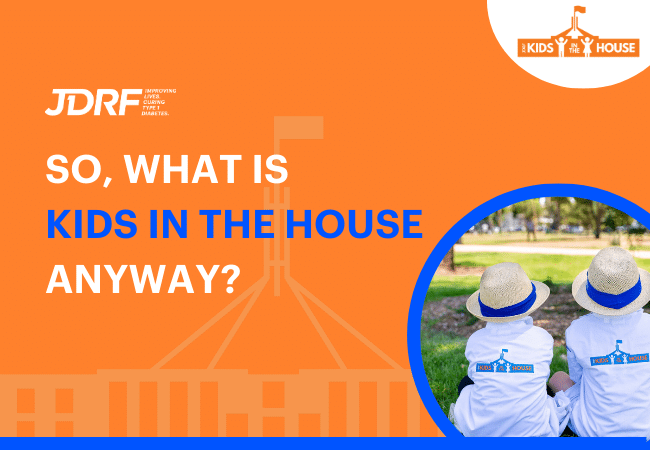Comment on Emerging COVID-19/T1D Research
You may have seen media coverage today based on research in England that looks at the relationship between COVID-19 and both type 1 and type 2 diabetes. JDRF Australia has reviewed both clinical papers this media coverage is based on and has provided summaries of the key findings which can be found here. When reviewing any media commentary around these papers it is important to remember that:
– Both papers are based on the English experience of the COVID-19 pandemic. It is worth noting that in England over 27,000 people have died as a result of COVID-19, whereas in Australia that number currently stands at 100.
– The biggest risk factor with COVID-19 remains age, with older people more at risk of poor outcomes. A person’s age has a much greater influence on their risk of dying from COVID-19 than whether they have diabetes. Health factors outside of the management of your diabetes, such as a very low or very high Body Mass Index (BMI), or a history of heart trouble are also risk factors for poor COVID-19 outcomes
– It’s not possible to tell from this research whether the increased risk of dying from COVID-19 was due to an increased risk of contracting the virus, or an increased severity of disease among those who did get it.
While these are sobering findings, and reinforce the value of preventative measures taken by Australian governments, it is important to remember the absolute risk of death from COVID-19 in Australia remains extremely low. That said, both papers underline the ongoing importance of maintaining a healthy BMI and good blood glucose management. JDRF will continue to work with other diabetes organisations to support people with T1D in this challenging time and provide more updates on these issues as they become available. For any concerns specific to your situation, such as the impact returning to the workplace may have on your T1D, your healthcare professional is best placed to provide advice to your unique situation.
Further Support is available for those who may be distressed by phoning Lifeline (13 11 14) or Beyond Blue (1300 224 636).




